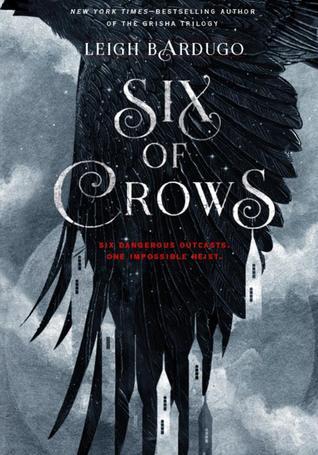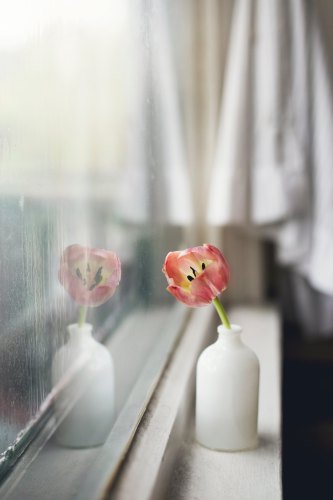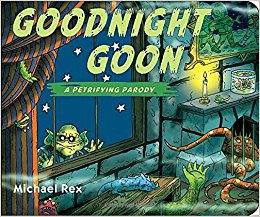
Every reader is also a writer, if writer is taken to mean author to mean originator of one’s own actions. Books, like people and circumstances, influence our actions; the more we tease out those influences and knead them into useful, applicable tools, the more we are aware of our partnership with the written word.
Quote: The rooms in which writers (that subspecies of readers) surround themselves with the materials they need for their work acquire an animal quality, like that of a den or a nest, holding the shape of their bodies and offering a container to their thoughts. Here the writer can make his own bed among the books, be as monogamous or polygamous a reader as he wishes, choose an approved classic or an ignored newcomer, leave arguments unfinished, start on any page opened by chance, spend the night reading out loud so as to hear his own voice read back to him, in Virgil’s famous words, under “the friendly silence of the soundless moon.”
—Alberto Manguel, The Library at Night.
A den may invoke a tight, dark, mystical space, dense with gases, metamorphosing thoughts, and halusogenic phantasmagoria, but it could also be spacious, light, littered with post-it notes and gewgaws and candy wrappers, or spotless with perfectly aligned rows of books like lines on a page ready for inscription. Whatever its physical manifestation, the library is both an extension of a writer’s identity and a container for it.
To unite these two seemingly clashing metaphors—extension and container—I prefer the idea of a silo from the top of which it is possible to see lands, seas, skies, as well as, communicated with other silos.
Few writers have a complete, perfect library. Better-personalised probably encompasses most desires for improvement (change in arrangement and content), but even if a snap of the fingers brought about an envisaged ideal, there remains the issue of finiteness: the library is of limited size.
This limit is one cause of reader’s angst. But we do have a choice of what to put in our library and that choice, every time it’s made, influences us.

As social beings, our behaviour and identity are determined by those around us: whether we conform or rebel, we exist against some background.
You are who you’re with,
applied to readers and the material they associate with, turns into
you are what you read,
applied to writers and the literary forefathers they look up to, turns into
you write what you read.
And unless your private library is a decorative installation that your maid dusts on Tuesdays, you first turn to what is nearest to you, visibly, tangibly, mentally, and so
you write what’s in your library.
How’s that a bad thing, you may ask, surrounding yourself with your lodestars, your grimoires? Where else should you look for inspiration? I’m merely suggesting that it’s good to remember there’s only a tiny step between inspiration and (a shackling) influence.
Influences often sneak up on us through biases.
I haven’t seen any studies, but a look at the common cognitive bias list, yields a few contenders for the writer’s library setting. (Although I am still referring to physical libraries, most of these can be applied to a private virtual library.)

I modify the general statement of each bias to fit our setting. Content stands in for author, style, ideas, format—anything that might be a reference point or filter.
- Anchoring: the tendency to emphasise the importance of content because it occurs in your library. Your library is likely your first point of reference, therefore it sets the tone for anything you may think of or look up.
- Survivorship or selection bias: the tendency to concentrate on content that has survived your selection process and has therefore been deemed worthy of owning. Even if certain books would be better off replaced with an updated edition, or a more comprehensive, less archaic, less misogynist or racist version, resources and time are limited. Anyway, you’re probably attached to the old ones, like dear friends whose gross faults you willingly overlook.
- Mere-exposure effect: the tendency to profess a preference for content that you own. We imitate those that we revere, or even believe to revere. If, however, we realise we’re faking it, and actually, we don’t want anything to do with a certain collection of books on our shelves this may lead to an opposite bias:
- Reactance: the tendency to oppose content because its preponderance is suffocating you. Attempting to escape the influence of stultifying content may push you places you don’t like.
- Law of the instrument: the tendency to rely on a technique or trope or reference because it is most familiar. It’s difficult to write poetry when you’re surrounded by detective novels.
- Framing effect (present within a library): the tendency to be influenced by the order content comes to hand. Books that are harder to reach may be reached for less frequently or may appear more mysterious or more difficult or … One way to combat the framing effect is an occasional library rearrangement: the equivalent of shifting perspective.
Applications of the above are most obvious (trivial, even) in non-fiction writing. For example, I cannot quote or focus on or discuss books I have no access to. My articles and my thinking are biased by the sources that I have around me, no matter how creatively I extrapolate from them.
A lot of these effects are based on chance: did you or did you not hear of a certain book, buy it, read it, like it at the time, place it on that shelf as opposed to some other, etc. (Of course, online libraries are mechanically sortable and searchable, which leads to different issues.)
Overlooking certain books in your library has a positive aspect: when you do catch sight of them again, you may realise they were exactly what you have been missing. Then the effect at work is … nothing. You needed a fresh idea, and fresh ideas are often found outside of your immediate visual field.
Therefore, I would suggest piling up those books that you might someday read (tsundoku is a godsend when novelty is needed), but not worrying about staying siloed in your library and succumbing to its influences.
After all, your uniqueness as a writer is sourced from the ultimate bias: your life.
Share this:




